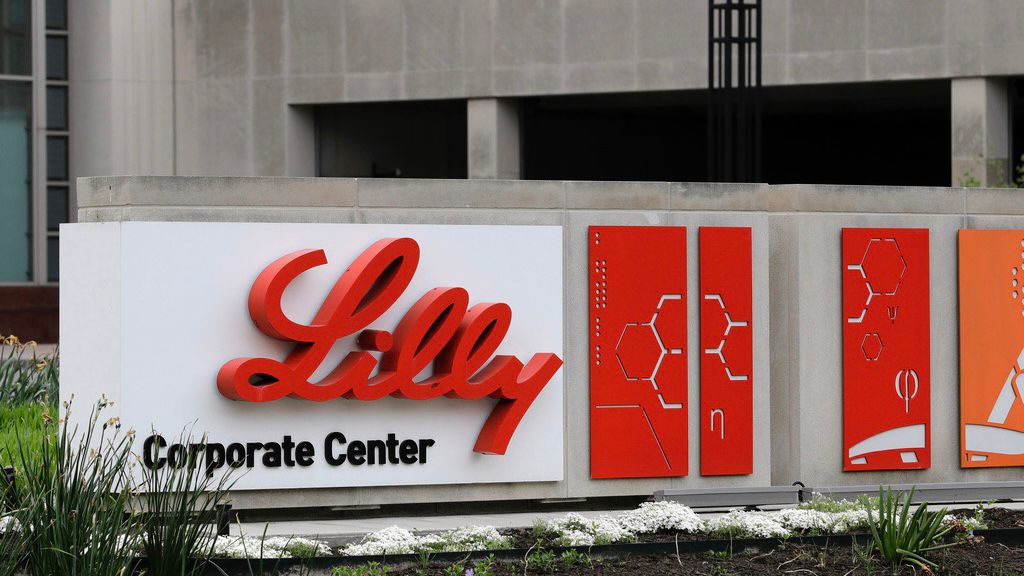The U.S. Food and Drug Administration approved Eli Lilly’s drug to treat early symptoms of Alzheimer’s disease, the pharmaceutical giant announced Tuesday.
The once-a-month injection drug known as Kisunla is the first short-term, FDA-approved therapy to target the amyloid plaques associated with the progressive brain disorder.
Alzheimer’s is a type of dementia that affects memory, thinking and behavior, according to the Alzheimer’s Association. Symptoms usually grow to be so severe that they interfere with a person’s ability to perform daily tasks. Alzheimer’s makes up 60-80% of dementia cases, which typically begin in people aged 65 and older.
Kisunla is intended for adults with blood biomarkers for amyloids and who have shown early symptomatic Alzheimer’s, including mild cognitive impairment and the mild dementia stage of Alzheimer’s disease, the company said in a statement. The drug slowed cognitive and functional decline by as much as 35% compared with a placebo and reduced the risk of progressing to the next phase of the disease in a recent study.
“This approval marks another step forward in evolving the standard of care for people living with Alzheimer’s disease that will ultimately include an arsenal of novel treatments, providing much-needed hope to the Alzheimer’s community," Alzheimer’s Drug Discovery Foundation Co-Founder Howard Fillit said in a statement. “Diagnosing and treating Alzheimer’s sooner than we do today has the potential to meaningfully slow disease progression, giving patietns invaluable time to maintain their independence for longer.”
Eli Lilly said monthly Kisunla infusions take about 30 minutes. They reduced amyloid plaques by an average of 61% at 6 months, 80% at 12 months and 84% at 18 months.
The price of each monthly vial of Kisunla is $695.55, the company said. Overall cost of treatment depends on how long patients need to take it to remove amyloid plaques to minimal levels as measured by amyloid PET imaging. Eli Lilly said 17% of those who took it finished treatment at six months.
How much patients will pay for the drug depends on their insurance plans and their length of treatment. The company said the drug is covered for eligible patients on Medicare.
Amyloid is a protein the body produces that can join together in clumps and create amyloid plaques. When too many amyloid plaques build up in the brain, they can lead to memory issues.
Eli Lilly said Kisunla is most effective in people with the least advanced Alzheimer’s, though it said individuals with more progressive disease also benefited.
Kisunla is the third drug the FDA has approved for Alzheimer’s. Aduhelm and Leqembi also work to remove beta-amyloid. Aduhelm will be discontinued later this year.
The prevalence of dementia is expected to increase from 50 million in 2020 to 115 million in 2050, according to research published in JAMA Neurology last year.



